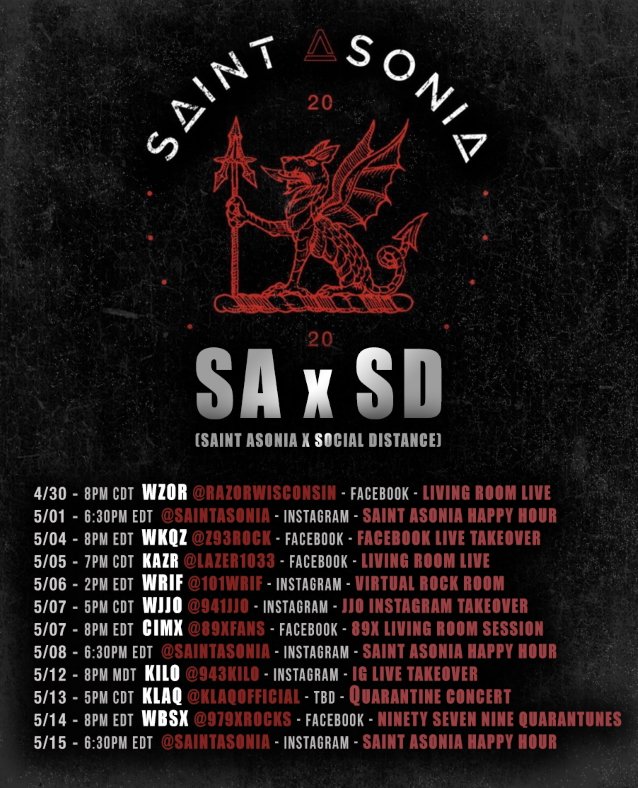NME | Music, Film, TV, Gaming & Pop Culture News

While the Hollywood blockbuster has taken a beating this year, 2020 has inadvertently been a triumph for women’s representation in film. Whether you gasped at the combustible energy of Rose Glass’ debut film Saint Maud, allowed your heart to soar watching Rocks or enjoyed the acidic appeal of Josephine Decker’s Shirley, there’s no denying that women’s stories have dominated this year.
We’ve have a handful of movies coming directly from the aftermath of the #MeToo movement (The Assistant, Bombshell), queer period dramas (Portrait of a Lady on Fire), queer Christmas capers (Happiest Season), heart-stopping documentaries (Time, Off The Record) and complex, cathartic horror (Make Up, Relic). Is this swell in largely acclaimed, female-focused films a pandemic-induced anomaly, however, or the sign of a permanent shift in the stories that are being told on screen and greater things to come?
“25% of all UK cinema releases this year so far have been by women. That means that at least 50% of those releases had directing and/or writing credits and/or were based on a book by a woman.” explains Mia Bays, who runs Birds Eye View, a film agency and agitator that presents films by women to encourage industry change.
“We recorded a historic high of 36% in July which was then surpassed in October at 38%. By comparison, just under 21% of all UK releases were by women in 2019.”

Though a stalwart in championing women’s stories onscreen, Bays does believe that the pandemic has helped to boost awareness of the films that have managed to receive a release this year, either via a limited theatrical run or on demand.
“[It] has positively impacted representation because of the tentpoles being pulled from the schedule, which are disproportionately made by men,” she explains. “It has meant that the more diversely made independents have taken up more space.”
Indeed, with gargantuan titles like No Time To Die, Top Gun: Maverick and Dune being bumped back from their 2020 release dates, more press coverage can be assigned to the films that are being released and bigger windows on streaming platforms are allocated.
Bays also believes that audiences’ appetites have shifted, with a greater need to see stories about humanity and the struggles of others. A large portion of such films fall under this female-focused banner, be it Chinonye Chukwu’s devastating debut Clemency about a woman working on death row or Eliza Hittman’s tense abortion drama Never Rarely Sometimes Always.
It’s an appetite that’s beginning to leave its mark on awards voting bodies also. Whereas no women were nominated in the Best Director category earlier this year for the Oscars, in a milestone announcement, the IFP Gotham Award nominations in November revealed an all woman-directed Best Film category.
The awards – which take place in January – are the “cool aunt” equivalent to the stuffier, straight-laced Oscars, or the glam and camp Golden Globes. It’s where the best of independent cinema is revered, and whereas it’s not always a telltale sign of what’s come when the larger awards ceremonies sweep in, you would like to think that of the five films nominated, Chloé Zhao’s festival favourite Nomadland or First Cow, the eighth feature from Kelly Reichardt, wouldn’t slip through the net.

Eva Riley has seen the strengths in female-focused films being released during the pandemic first-hand. Her debut feature Perfect 10 – an auspicious first film about a talented rising gymnast in Brighton – came out mostly online after a small festival run before the pandemic.
“Obviously less people will have gone out to see it, which is a shame,” she says. “But with the film streaming, and now it’s on iPlayer also, I think that there are people watching it at home who might not have chosen to see it at a cinema.”
Riley believes that streaming has helped to bring her film to younger audiences especially, who are less keen to pay for individual films either at the cinema or at home. When asked if the pandemic is the main reason for the heightened popularity of female-focused films such as hers however, the filmmaker believes that bigger forces are at play.
“These films will have started to have been made years before,” she says. “I think that this is a result of a greater push from funders that’s been rising for the last five years. There still needs to be an increase past this point, especially in terms of diversity, but it’s a really exciting time, especially for first films from women directors.”
The female-led release figures from this year may struggle to hold steady against the influx of delayed blockbusters that will dominate 2021. Beyond statistics however, women’s stories have managed to reach new audiences at a near-impossible time for cinema, adding weight to the argument that we can expect more to come.
Perfect 10 is available to watch on iPlayer and On Demand now.
The post Women in Film 2020: why this year’s movies have been dominated by female stories appeared first on NME | Music, Film, TV, Gaming & Pop Culture News.




